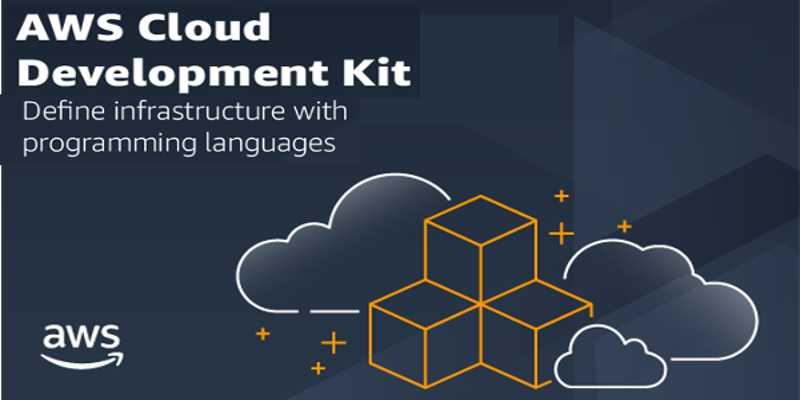AWS Developer Tools Blog
Category: Open Source
Announcing AWS Cloud Development Kit v2 Developer Preview
The AWS Cloud Development Kit (AWS CDK) v2 is now available for Developer Preview in TypeScript, Python, Java, C#, and Go. The AWS CDK is an open-source software development framework to model and provision your cloud application resources using familiar programming languages. With the AWS CDK, you can define your infrastructure as code and provision […]
Announcing the end of support for Node.js <10.x in the AWS SDK for JavaScript (v2)
Starting November 1 2021, the AWS SDK For JavaScript (v2) will no longer support the following end of life (EOL) Node.js runtime versions: Node.js 0.10 – EOL on 2016-10-31 Node.js 0.12 – EOL on 2016-12-31 Node.js 4.x – EOL on 2018-04-30 Node.js 6.x – EOL on 2019-04-30 Node.js 8.x – EOL on 2019-12-31 We encourage you […]
GraalVM Native Image Support in the AWS SDK for Java 2.x
We are excited to announce that AWS SDK for Java 2.x (version 2.16.1 or later) now has out-of-the-box support for GraalVM Native Image compilation. GraalVM is a universal virtual machine that supports JVM-based languages (e.g. Java, Scala, Kotlin), dynamic languages (e.g. Python, JavaScript), and LLVM-based languages (e.g. C, C++). GraalVM Native Image is one of […]
Generate a presigned URL in modular AWS SDK for JavaScript
On December 15th, 2020, we announced the general availability of the AWS SDK for JavaScript, version 3 (v3). This blog shows you how to generate a presigned URL for an Amazon S3 bucket using the modular AWS SDK for JavaScript. Motivation A presigned URL gives you access to the object identified in the URL, provided […]
How Vendia leverages the AWS CDK to dynamically provision cloud infrastructure
In this guest post, Ryan Green, senior software engineer, explains how Vendia uses the AWS Cloud Development Kit (AWS CDK) and AWS CloudFormation to dynamically provision cloud infrastructure on behalf of their customers. Abstract Vendia enables organizations to securely share data and code across regions, accounts, and clouds at scale. Vendia Unis, or Universal Apps, […]
AWS Chalice adds support for the AWS CDK
In a previous post, we showed how you can use the AWS Cloud Development Kit (AWS CDK) and AWS Chalice to develop both infrastructure and application logic as code. To help combine the two frameworks together, a cdk-chalice construct library was used that handled the low-level communication details. In collaboration with the original developer of […]
Announcing the end of support for Python 2.7 in the AWS SDK for Python and AWS CLI v1
On July 15, 2021, in order to continue supporting our customers with tools that are secure and maintainable, AWS will publish a minor version bump of the AWS Command Line Interface (AWS CLI) v1 and AWS SDK for Python (boto3 and botocore). These new versions will require a Python 3.6+ runtime, formally ending our Python […]
HTTP keep-alive is on by default in modular AWS SDK for JavaScript
On December 15th, 2020, we announced the general availability of the AWS SDK for JavaScript, version 3 (v3). In v3, we keep the Node.js HTTP connections alive by default. This blog post explains how it’s done. It also describes the benefits of keeping the sockets around, so they can be used for future requests without […]
Modular AWS SDK for JavaScript is now generally available
We are happy to announce the General Availability (GA) of AWS SDK for JavaScript, version 3 (v3). This release follows the Release Candidate of the JavaScript SDK and has a modular architecture with a separate package for each service. It also includes many frequently requested features, such as a first-class TypeScript support and a new […]
First-class TypeScript support in modular AWS SDK for JavaScript
As of December 15th, 2020, the AWS SDK for JavaScript, version 3 (v3) is generally available. On October 19th, 2020, we published the Release Candidate (RC) of the AWS SDK for JavaScript, version 3 (v3). One of the major changes in v3 is first-class TypeScript support. In this blog post we will discuss why we decided […]






